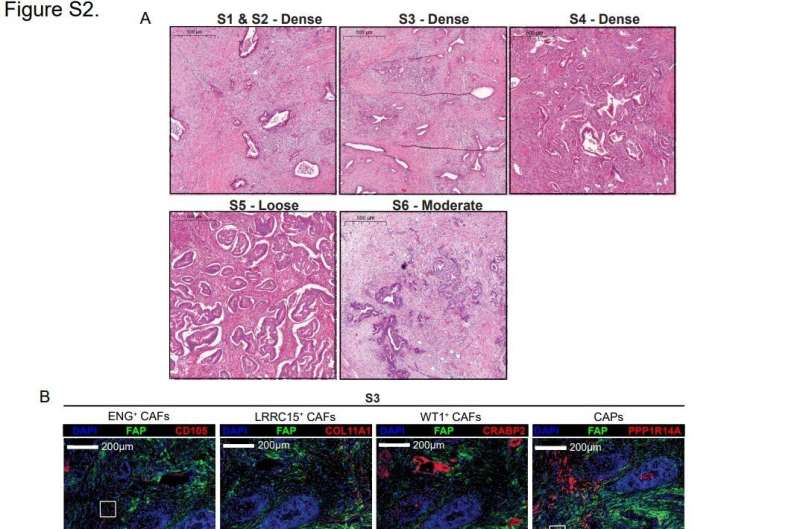“We are still a long way from treatment, but this may show a viable path for further research,” says Daniel Öhlund, associate professor at Umeå University and leader of the current study.
Pancreatic cancer is one of the cancers with the worst prognosis for survival. This is partly because it is often detected late, and partly because it responds poorly to traditional treatments with chemotherapy.
Researchers at Umeå University have investigated the connective tissue cells that surround the cancer cells in pancreatic cancer. These cells, called cancer-associated fibroblasts (CAF), play an important role in how the cancer develops. Several types of CAF stimulate the growth of cancer cells and contribute to the cancer cells being resistant to current chemotherapy treatments, making the cancer more aggressive and difficult to treat.

